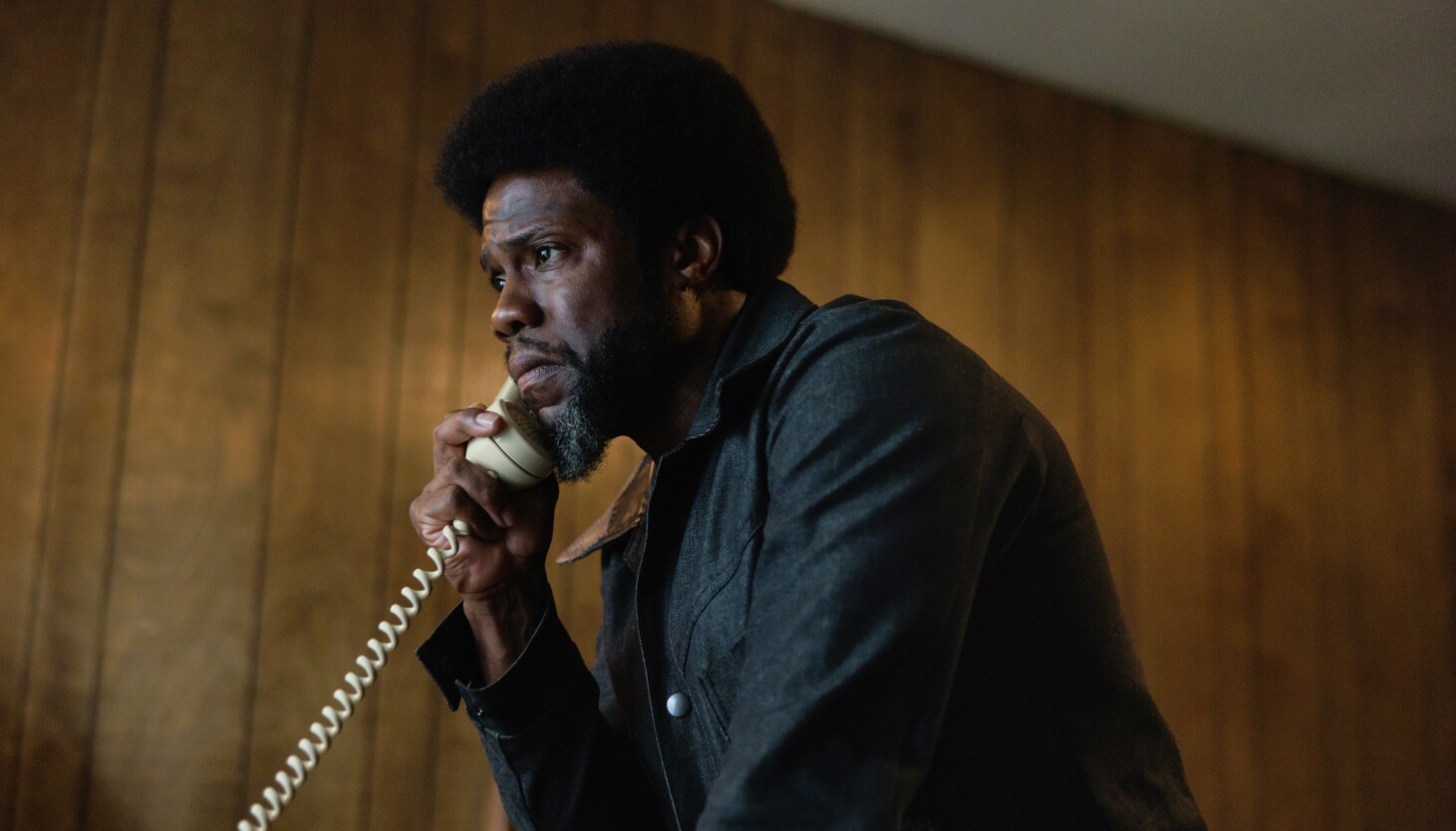It was billed as “The Return of the Champion.”
On Oct. 26, 1970, Muhammad Ali climbed into the ring for the first time in more than three years, after he had been banned from boxing for refusing to be drafted into the Vietnam War. In front of a star-studded crowd at the old Atlanta Municipal Auditorium, Ali defeated Jerry Quarry by TKO. It was a triumphant comeback for Ali, who earned a reported $200,000 against a percentage of the revenue for the fight.
A pretty good payday — but it wasn’t the biggest haul in Atlanta that night. At a lavish after-party (which Ali didn’t attend) in Atlanta’s West End, a gang of armed and masked robbers ordered the guests into the basement and told them to strip to their underwear before robbing them of their cash and jewelry. The take was estimated at $1 million, as attendees included some of the richest hustlers, dealers, pimps and Black mafia bosses in the country.
‘Fight Night: The Million Dollar Heist’
The story of the robbery and the subsequent investigation makes for rich dramatic material, and with a big-name cast and a sleek, cool, period-piece look, the eight-part Peacock series “Fight Night: The Million Dollar Heist” delivers a highly entertaining albeit fictionalized version of events. At times, the story stalls out as we follow a few too many subplots, but thanks to an all-star cast led by Kevin Hart, Don Cheadle, Taraji P. Henson, Terrence Howard and Samuel L. Jackson and the fantastic, early 1970s fashions, cars, music and production design, we feel as if we’re back in time some 55 years. , in an Atlanta that was on the verge of transitioning from the Jim Crow era into a bright future where it would be hailed as the new “Black Mecca.”
As the opening title card puts it, “Fight Night” is “BASED ON SOME S- – – THAT REALLY HAPPENED” and in particular stems from the true-crime podcast “Fight Night” from iHeartMedia and Doghouse Pictures. With director Craig Brewer helming the first two and last two episodes while reuniting with “Hustle & Flow” stars Terrence Howard and Taraji P. Henson, and “Black Snake Moan” headliner Samuel L. Jackson, the series has great fun mimicking the style of 1970s TV and film, in particular the regular use of split-screen to deliver a scene from different viewpoints. The visuals pop from the screen and perfectly fit the time period of the story.
Kevin Hart delivers arguably the most layered work of his career as the real-life hustler and numbers runner Gordon “Chicken Man” Williams, who seized on the Ali fight as an opportunity to step up to the big time and make a name for himself with Samuel L. Jackson’s Frank Moten, aka “The Black Godfather,” who would be coming to town for the fight, along with other members of the so-called Council from Chicago, Kansas City and Texas.
With his longtime business partner and mistress Vivian Thomas (Taraji P. Henson) helping to handle every detail along the way, Chicken Man spreads the word via engraved invitations and street hustle, setting up the after-party in a home he owns. At first, Moten and his right-hand man, Richard “Cadillac Richie” Wheeler (Terrence Howard, sporting a hairdo that has to be seen to be believed), dismiss Chicken Man as nothing more than a chatterbox pest, but come the night of the party, it appears as if Chicken Man has truly delivered. That is, until those gunmen, who at first don’t realize who they’re robbing, burst through the door and start roughing people up and taking their belongings and their dignity.
On the other side of the law, Don Cheadle brings his usual gravitas to the role of Detective J.D. Hudson, the first Black detective in Atlanta’s desegregated police force. Hudson has to contend with racist cops on the inside, and a percentage of the Black community who look at him as a traitor, a “pig,” but he’s unflinching in character, determined to make a difference.
Hudson is put in charge of local security for Ali (played with great verve by Dexter Darden, who can’t match the champ’s physicality but does justice to his unique cadence and world-wise intelligence), and then becomes lead investigator of the robbery.
Samuel L. Jackson roars like a lion throughout and delivers a number of monologues reminiscent of his Jules character from “Pulp Fiction.” Terrence Howard puts a nifty spin on a character who becomes more intriguing every step of the way, Taraji P. Henson infuses what could have been a stock character with class and grace and fire.
“Fight Night” ends with the obligatory closing credits where we see photos of the real-life inspirations for these characters and learn their fates. It’s a reminder that as wild as this ride is, it’s based on some s- – – that really happened.


